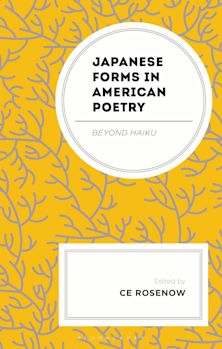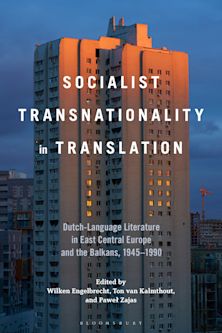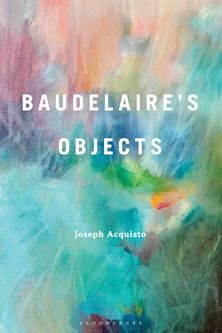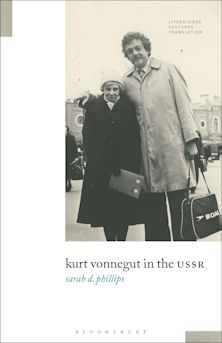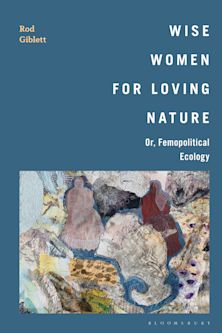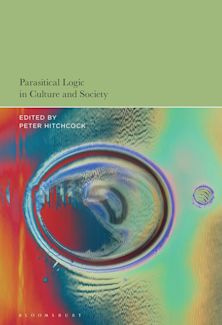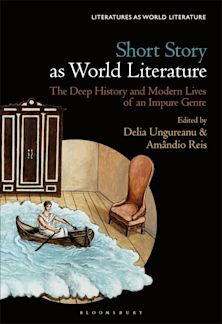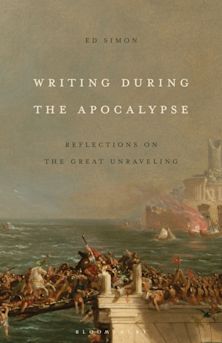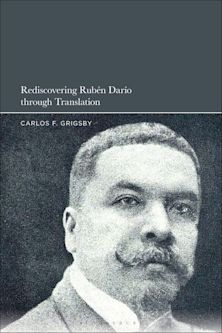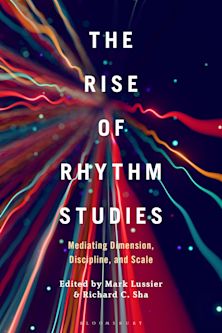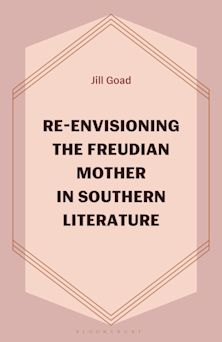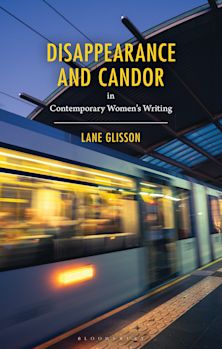- Home
- ACADEMIC
- Literary Studies
- Comparative Literature
- The Promise and Premise of Creativity
This product is usually dispatched within 2-4 weeks
- Delivery and returns info
-
Flat rate of $10.00 for shipping anywhere in Australia
You must sign in to add this item to your wishlist. Please sign in or create an account
Description
The Promise and Premise of Creativity considers literature in the larger context of globalization and "the clash of cultures." Refuting the view that the study of literature is "useless," Eoyang argues that it expands three distinct intellectual skills: creative imagination, vicarious sympathy, and capacious intuition.
With the advent of the personal computer and the blurring of cultural and economic boundaries, it is the ability to imagine, to intuit, and to invent that will mark the educated student, and allow her to survive the rapid pace of change. As never before, the ability to empathize with other peoples, to understand cultures very different from one's own, is vital to success in a globalized world. In this, the very "uselessness" of literature may inure the mind to think creatively.
Engaging with both the theory and practice of literature, its past and its potential future, Eoyang claims that our sense of the world at large, of the salient similarities and differences between cultures, would be critically diminished without comparative literature.
Table of Contents
Preliminaries
1. Why Study Literature?
2. What's the Story-The Relevance of Literature to Life
3. The Uses of the Useless: Comparative Literature and the Multinational Corporation
Approaches
4. Macintosh Apples and Mandarin Oranges: Comparing East and West.
5. Cuentos Chinos ("Chinese Tales"): The Exotic Imaginary
6. Francophone Cathay: Gallicizing China
7. The Persistence of Cathay: China in World Literature8. The Emergence of the Southern Hemisphere in Literature: Neglected Domains
9. Cross-Cultural Perspectives on the Modern and the Postmodern: Ethnocentricities
10. Cultural Logics: Contradiction vs. Maodun
11. Dialectical Maodun in the Works of Octavio Paz: The Mestizo Mind
12. Meaningful and Meaningless Comparison: The Heuristic and the Invidious
Prospects
13. The Globalization of Knowledge: Comparative Literature as Interdisciplinary and Multilingual Discourse
14. The Glocalization of Knowledge: The Ends of the World or the Edge of Heaven
15. The Undisciplined Discipline: Comparative Literature and Creative Wandering
16. Synergies and Synaesthesia: An Intraworldly Comparative Literature
Bibliography
Index
Product details
| Published | 04 Oct 2012 |
|---|---|
| Format | Paperback |
| Edition | 1st |
| Extent | 208 |
| ISBN | 9781441181039 |
| Imprint | Continuum |
| Dimensions | 216 x 138 mm |
| Publisher | Bloomsbury Publishing |
About the contributors
Reviews
-
This thoroughly engaging volume by an eminent comparatist examines the relevance of literature in modern life, with particular attention paid to the value of Comparative Literature as a field of study. In a series of essays, Eoyang challenges recent attempts to supplant Comparative Literature or announce its demise. He celebrates its viability as a discipline, its response to the Western biases of World Literature, its role as an alternative to multiculturalism's marketing of the Other, and its relationship to translation. Eoyang presents Comparative Literature as a multilingual 'undisciplined discipline' that seeks to bridge cultural incommensurability.
Dorothy Figueira, Professor of Comparative Literature, University of Georgia, USA, Honorary President, International Comparative Literature Association, Editor of Recherche littéraire/Literary Research
-
With departments of literature (including comparative and national literatures) being shut down across the United States, a text that opens with the question 'Why Study Literature'-and more importantly, answers it compellingly-is absolutely timely. Eugene Eoyang is uniquely situated to write such a volume. His own background in Comparative Literature, his past presidency of the American Comparative Literature Association, his ability to work in both Western and Eastern literatures and languages, his familiarity with both the American higher education context and a major Asian university, all provide Eoyang with the depth and breadth of knowledge one needs for a project such as this one. His investigation of the relationship of literature to life and his defense of the 'useless' (by which Eoyang means something very important indeed) are much needed in today's economy and today's broader sense of cultures in contact.
Kathleen L. Komar, Professor of Comparative Literature, UCLA, USA.
-
The Promise and Premise of Creativity: Why Comparative Literature Matters is a book that has been crying to be written for the last several decades. The first part's exposition of the importance of literary study eloquently addresses many students' and some administrators' uncertainty about literature's value in a largely technological age in both a broad as well as deeply personal sense. The second considers some of the initial and regrettably long-persisting shortcomings and fallacious assumptions upon which comparative literature has been based. With Chinese as a case study, compelling solutions to a considerable number of these methodological problems are advanced in a wide-ranging international context. It is a superb volume and a significant contribution to the field in terms of its probing insight and critical sophistication.
Steven P. Sondrup, President, International Comparative Literature Association and Professor of Comparative Literature, Brigham Young University, USA.
-
Carefully researched and gracefully written with a comparative perspective, this book explores literature in the larger context of globalization and 'the clash of cultures' combining a range of theoretical approaches with a number of case-studies. Sticking firmly to refuting the position that the study of literature is 'useless,' Eugene Eoyang argues that it expands into three distinct intellectual skills: creative imagination, vicarious sympathy and capacious intuition. Eugene Eoyang claims that our sense of the world at large, of the salient similarities and differences between cultures, would be critically diminished without comparative literature.
Yang Naiqiao, Chair and Professor of Program of Comparative Literature & World Literature in Department of Chinese Language & Literature, Fudan University, Shanghai, People's Republic of China












